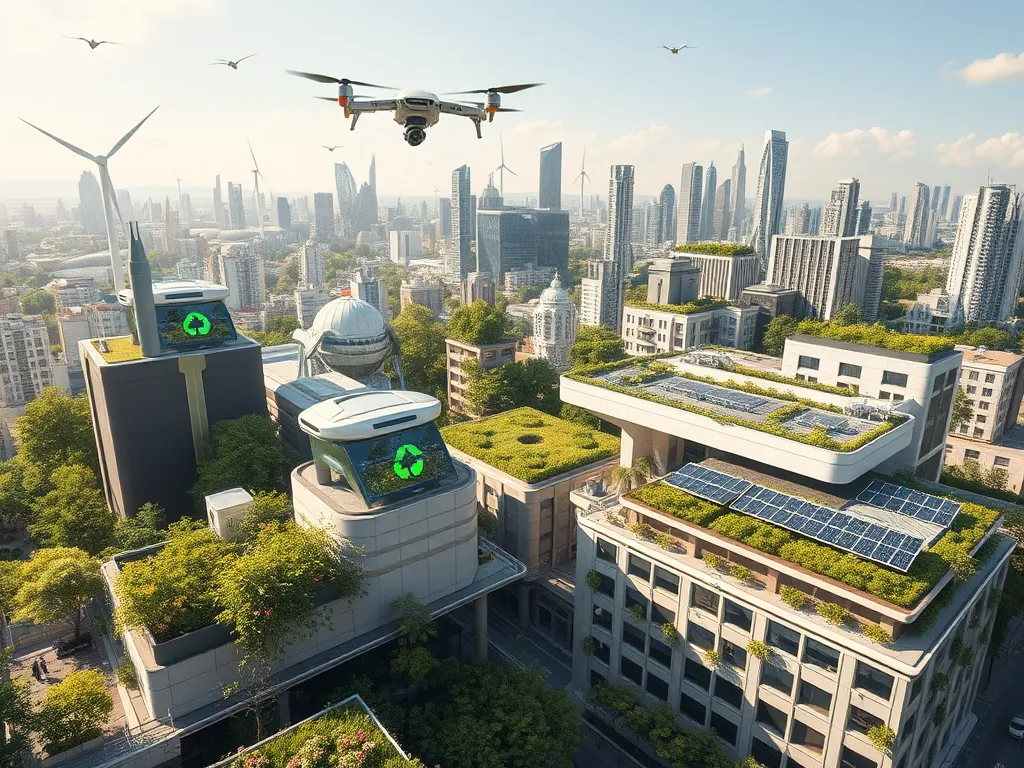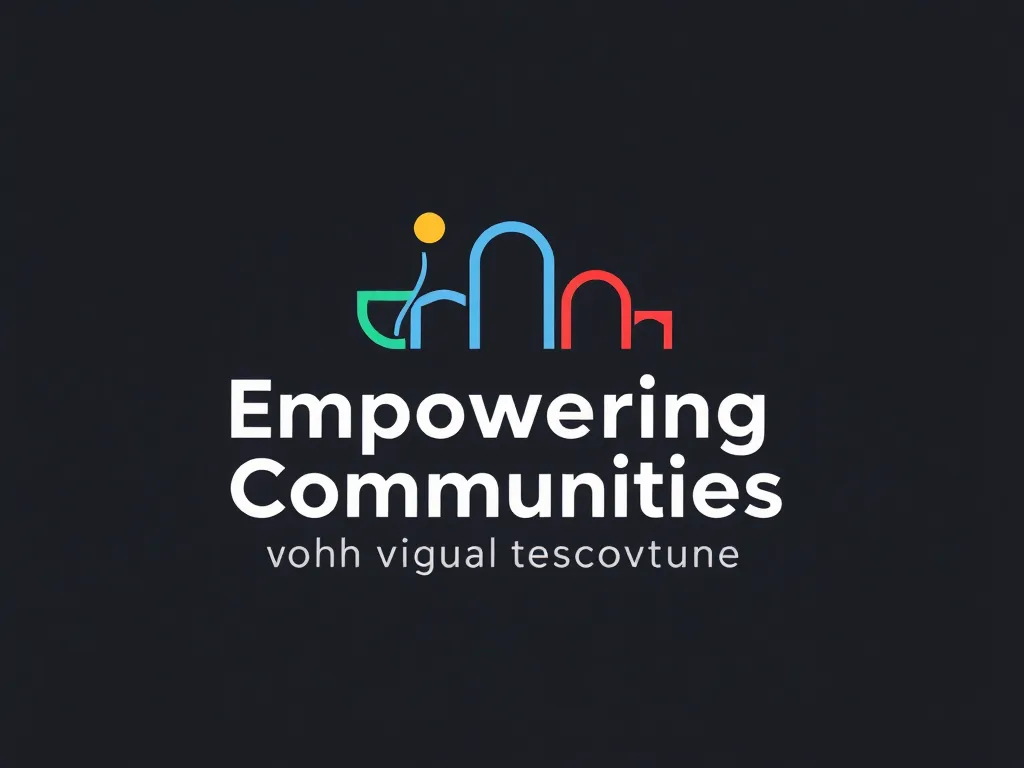Innovative Strategies for Future Waste Management Solutions

Future Waste Management: Innovating for a Sustainable Tomorrow
As the world faces increasing challenges related to waste management, the focus on future waste management practices has become paramount. The exponential rise in population, urbanization, and consumerism has led to an overwhelming amount of waste production. Future waste management aims to address these issues through innovative technologies, sustainable practices, and effective regulatory frameworks. The goal is to create a cleaner, greener planet for generations to come.
One of the most notable aspects of future waste management is the integration of advanced technology. Innovations such as waste sorting technology, AI-driven processing, smart bins with IoT features, and new recycling methods are all shaping the way waste is handled. These technological advancements will not only improve efficiency but also enhance the overall effectiveness of waste management systems.
Sustainable waste management practices are also crucial for the future. Emphasizing zero waste initiatives, adopting circular economy principles, and fostering community engagement in waste reduction efforts are essential strategies. Reducing single-use plastics and promoting composting for organic waste are critical measures that communities and businesses can take to mitigate waste generation and its environmental impacts.
Regulatory and policy frameworks play a vital role in defining the future landscape of waste management. Governments worldwide are beginning to implement stricter regulations on waste disposal, which in turn drives innovations and sustainable practices. Additionally, global cooperation on waste management issues is increasingly meaningful, forming a collective responsibility that transcends borders.
To prepare future generations for effective waste management, education and awareness initiatives are essential. By building awareness about waste issues and providing educational programs, we can empower youth to become involved in sustainability practices. Community workshops focused on waste reduction will cultivate a culture of environmental stewardship and promote eco-friendly practices.
The innovative waste management strategies being implemented in Sacramento County set a benchmark for sustainable practices nationwide.
Technological Innovations in Waste Management
Recent advancements in waste sorting technology have revolutionized the efficiency of waste management systems. Automated sorting systems equipped with sensors and AI algorithms can identify materials in waste, facilitating accurate separation for recycling and reducing the amount of waste sent to landfills.
AI and machine learning are being increasingly employed in waste processing to analyze patterns in waste generation and optimize routing for collection trucks. This not only improves operational efficiency but also reduces greenhouse gas emissions associated with waste collection.
Smart bins equipped with IoT technology are emerging as game-changers in waste management. These bins can monitor fill levels and communicate with waste management services, allowing for optimized collection schedules. This leads to less littering, reduced operational costs, and a more effective waste management process.
Advanced recycling methods, including chemical recycling and upcycling, are also on the rise. These processes can convert previously unrecyclable waste materials back into valuable resources, further minimizing the amount of waste entering landfills.
Waste-to-energy conversion technologies are gaining traction as an alternative method for dealing with waste. By converting non-recyclable waste materials into energy, these technologies can help reduce landfill volumes while generating clean energy to power homes and businesses.
Sustainable Waste Management Practices
The zero waste movement encourages individuals and organizations to rethink their consumption patterns and minimize waste. This approach emphasizes reducing, reusing, and recycling to achieve a waste-free society and is a key component of future waste management strategies.
Circular economy principles provide a framework for sustainable waste management by encouraging systems that keep resources in use for as long as possible. By designing for longevity, repairability, and recyclability, we can significantly reduce waste generation and conserve natural resources.
Composting and organic waste recycling are vital in managing food and yard waste effectively. Community composting programs and municipal organic waste collections divert large amounts of organic materials from landfills, enriching soils and reducing greenhouse gas emissions.
Efforts to reduce single-use plastics are essential for limiting waste generation. Legislative measures, public awareness campaigns, and the promotion of reusable alternatives are collectively necessary to diminish reliance on plastic products.
Community involvement in waste reduction initiatives fosters a sense of ownership and responsibility among citizens. By engaging local communities in clean-up events, educational campaigns, and sustainability workshops, we create a culture of environmental consciousness.
Regulatory and Policy Frameworks
Global regulations on waste management are progressively evolving to tackle the mounting waste crisis. International treaties and agreements promote sustainable practices and set binding targets for waste reduction, ensuring all countries contribute to a healthier planet.
Legislation plays a crucial role in shaping future practices. Stricter regulations on waste disposal and recycling targets compel industries and municipalities to innovate and adopt more sustainable methods of waste management.
Incentives for sustainable waste management, such as tax breaks, grants, or subsidies, encourage companies to invest in greener technologies and practices that reduce waste generation and environmental impact.
The role of governments in waste reduction cannot be understated. Proactive policies, including penalties for noncompliance and recognition for exemplary waste management practices, help set the stage for a sustainable future.
International cooperation on waste management issues fosters collaborative efforts in tackling global challenges. Through shared resources and knowledge exchange, countries can work together to develop effective waste management systems tailored to their specific needs.
Education and Awareness for Future Generations
Building awareness about waste management starts at an early age. Educational initiatives that impart knowledge on the importance of waste reduction, recycling, and sustainable practices can significantly influence future behavior.
Educational programs on recycling can equip students with the skills needed to navigate waste management in practical terms. Workshops and school projects that focus on recycling initiatives will foster a generation that values sustainability.
Youth involvement in sustainability initiatives is pivotal to a broader acceptance of eco-friendly practices. Facilitating youth-led projects and movements encourages young people to take ownership of waste management in their communities.
Community workshops on waste reduction serve as platforms for exchanging ideas and best practices. Inviting experts and local leaders to share insights creates a richer understanding of waste issues and empowers residents to adopt new habits.
Promoting eco-friendly practices within the community is essential for creating a sustainable future. Initiatives that reward environmental stewardship, such as recognition programs or community challenges, inspire collective action towards waste management.
Future Trends in Waste Management
The rapid pace of urbanization is significantly impacting waste generation. As cities expand, the volume of waste produced will increase, necessitating innovative waste management solutions to cope with this growth.
Emerging trends in waste recycling, such as enhanced sorting technologies and recycling methods, will shape the future landscape of waste management. Adapting to these trends will be essential for maximizing recycling rates and minimizing landfill usage.
The role of social media in raising awareness about waste management cannot be overlooked. Platforms like Instagram and Twitter provide powerful channels for sharing information, inspiring change, and mobilizing community action toward sustainable waste practices.
Innovations in biodegradable materials and packaging technologies show promise for reducing plastic waste. By transitioning to materials that break down naturally in the environment, we can mitigate the long-term impacts of waste on ecosystems.
The future of incineration and landfill usage will increasingly focus on sustainable waste management strategies. As technology improves, waste-to-energy plants and advanced landfill designs will emerge, promoting better resource recovery and minimizing environmental harm.
